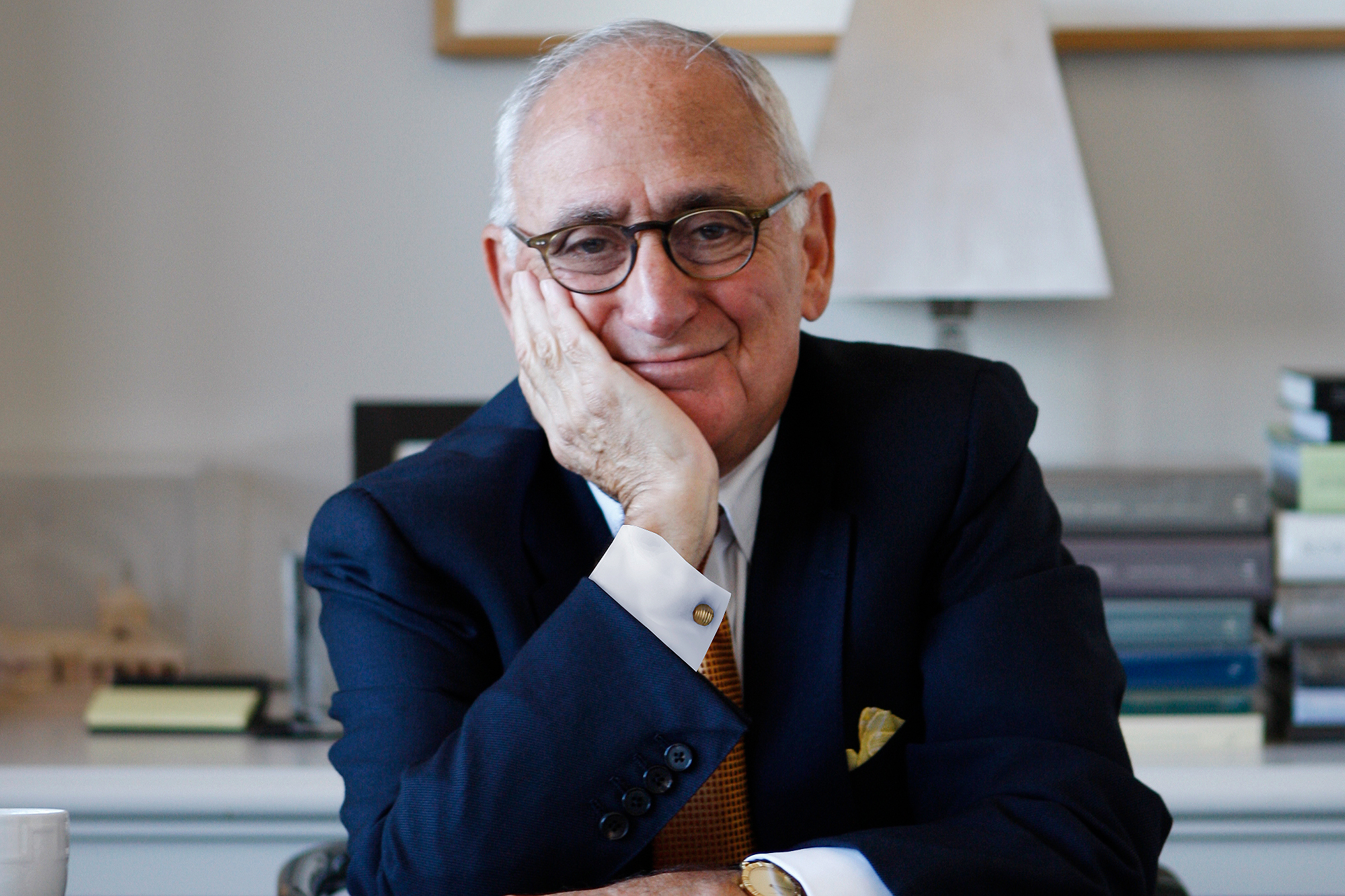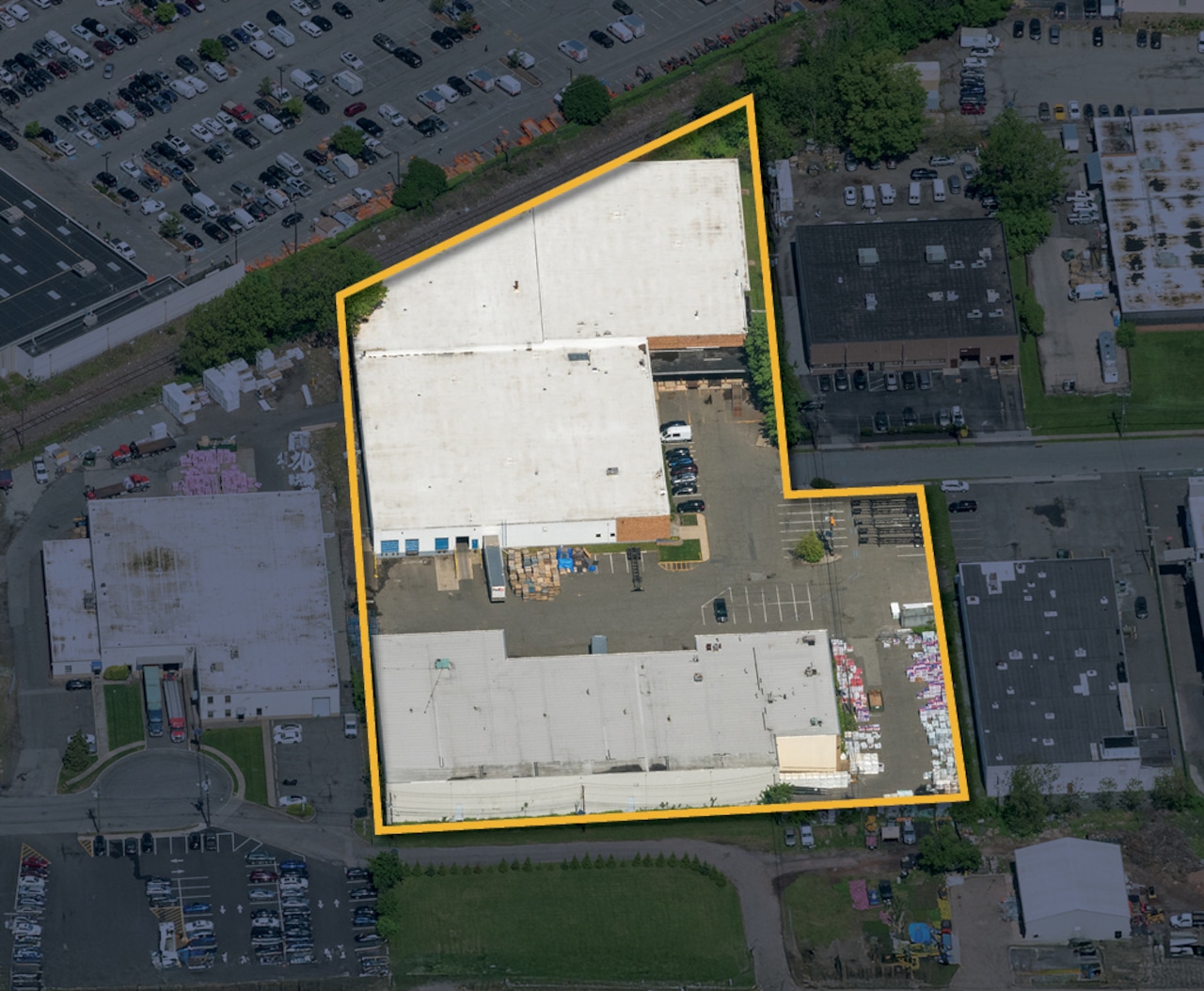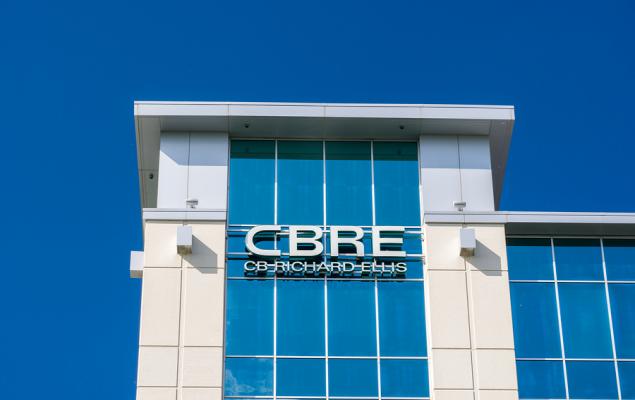B
enzinga and Yahoo Finance LLC may earn commissions or revenue from the links below. For decades, real estate has been viewed as a primary store of wealth alongside gold. Billionaire investor Ray Dalio now questions that assumption, arguing that property may not serve as a reliable hedge against currency devaluation. In a June interview at New York’s 92nd Street Y, Dalio declared real estate “not a good idea” for protecting against paper‑money concerns, pointing out two structural flaws that undermine its traditional safe‑haven status.
First, real‑estate prices are largely tied to interest rates rather than inflation. When the Federal Reserve raises rates to curb inflation, property values typically fall in real terms, eroding their value during the very downturns investors seek to guard against. This dynamic played out as the Fed hiked rates, compressing property values while the asset’s supposed inflation hedge moved in the wrong direction.
Second, real estate is the easiest asset to tax. Because it is fixed and immovable, governments at the federal, state, and local levels can levy property taxes, effectively extracting value from owners. The immobility of real property also means investors cannot simply relocate assets to escape unfavorable tax regimes or deteriorating local conditions, unlike gold or cryptocurrencies that can be stored or transferred privately.
Dalio’s critique suggests that, unlike gold, which can be moved across borders, or crypto, which can be held in non‑custodial wallets, real estate is literally “nailed” in place. This characteristic makes it an ineffective diversifier and a less attractive protective asset in today’s economic environment.














